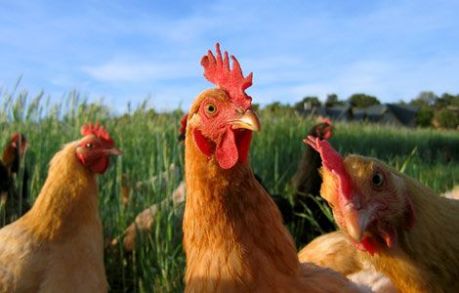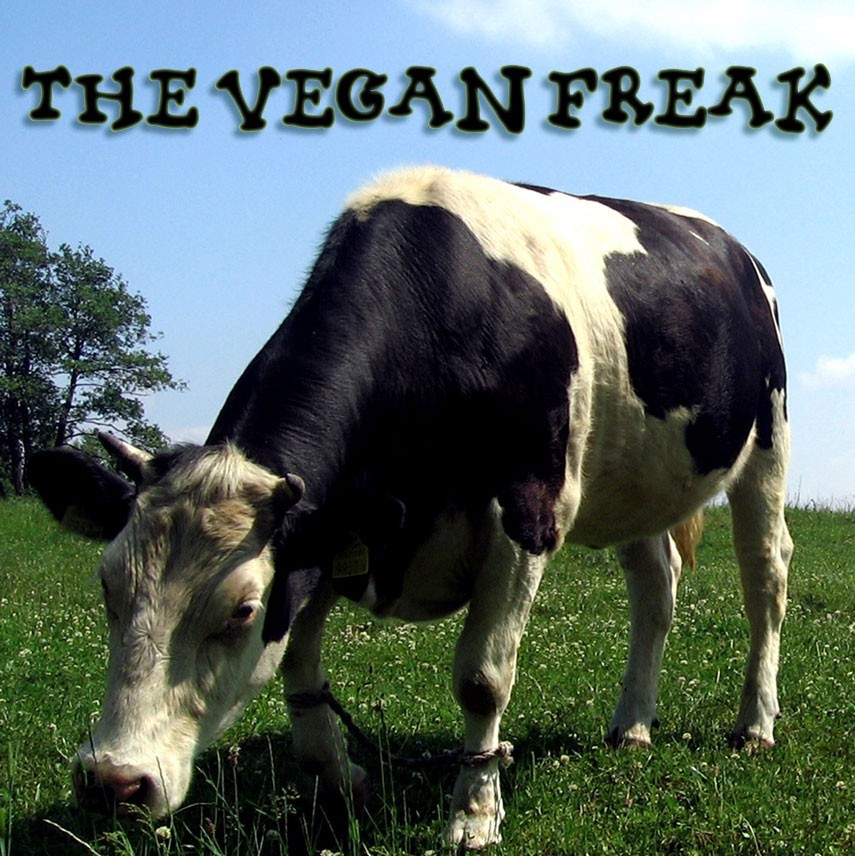
Do you really know where your food come from? Do you know what’s in it? You might be surprised. 2 out of 3 farm animals in the world are now factory farms. Which means, it’s not about the quality of the product anymore, but the quantity. In factory farming, animals are treated with hormones and antibiotics to prevent disease and maximize their growth and food output. So what’s going in the animals bodies is passed to the people who eat them, increasing the risks of health problems in humans. The typical piece of meat you find at the supermarket contains more than twice the fat, and third less the proteins than 40 years ago. The pollution from animal waste causes respiratory problems, skin infections, nausea, depression, and even death for people who live near factory farms.
Sais-tu vraiment d’où vient ta nourriture? Sais-tu ce qu’elle contient? Tu pourrais être surpris. 2 fermes sur 3 dans le monde sont maintenant des fermes d’élevage industriel. Ce qui veut dire, ils ne produisent plus pour la qualité du produit, mais la quantité. En élevage industriel, les animaux sont traités avec des hormones et des antibiotiques afin de prévenir les maladies et maximiser leur croissance et la production. Alors, ce qui est donné aux animaux, se rend directement à l’humain qui les mange, augmentant ainsi les risques de problèmes de santé. La pièce de viande typique qu’on retrouve au supermarché contient deux fois plus de gras, et trois fois moins de protéines que 40 ans au paravant. La pollution provenant des excréments des animaux cause des problèmes respiratoires, infections cutanés, nausée, dépression, et même la mort des gens vivant près des fermes d’élevage industriel.
